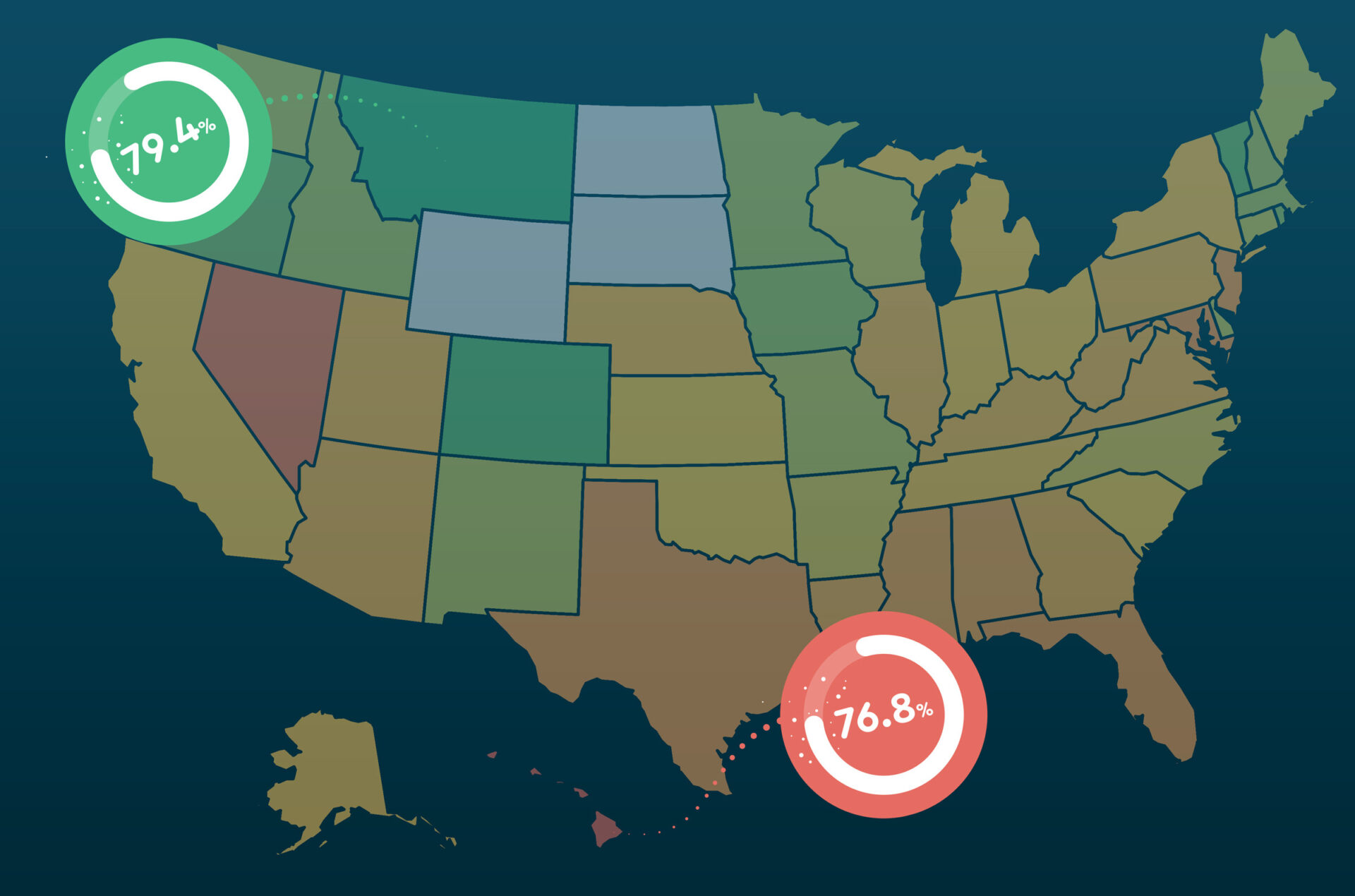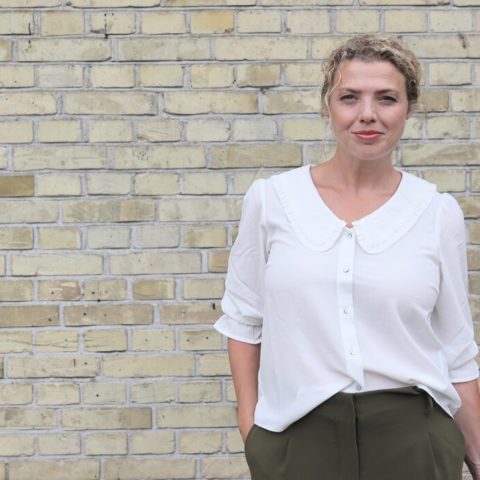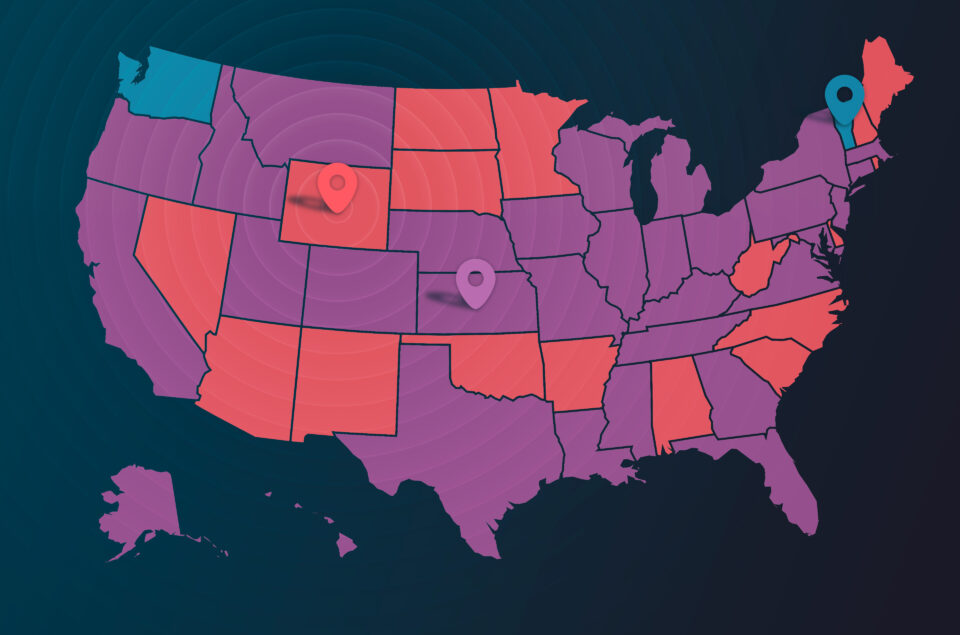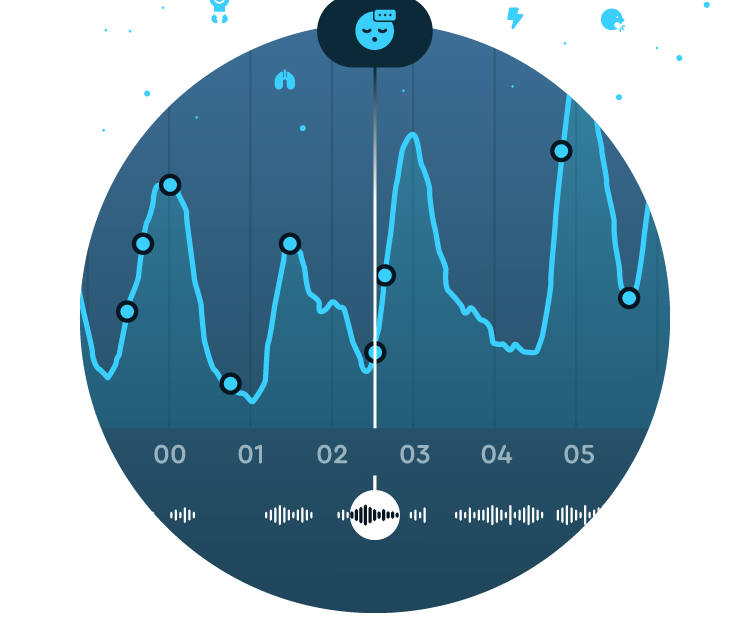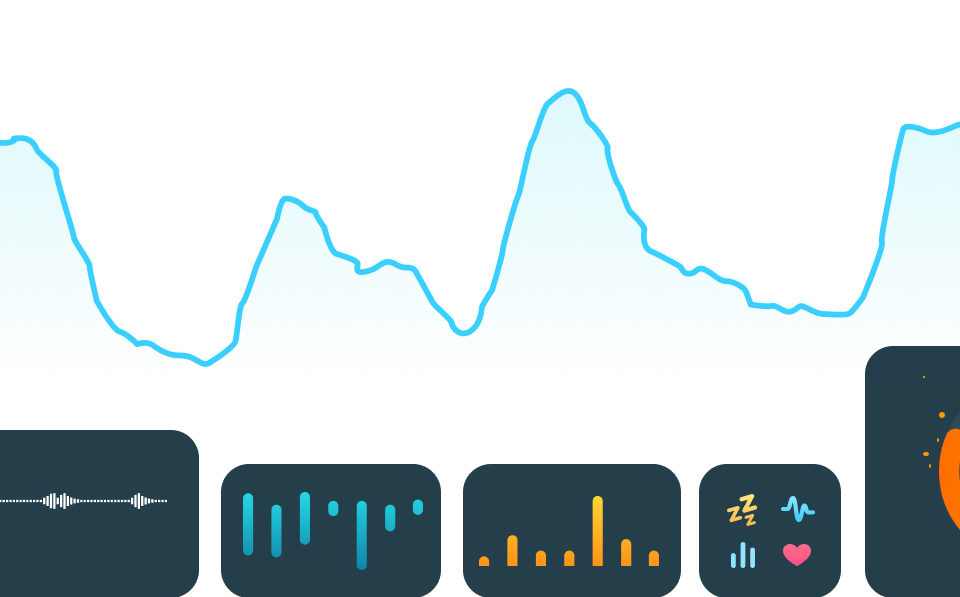Sleep Awareness Week® is around the corner (March 10-16), and we’ve celebrated early by diving into the dreamy world of sleep data! So, grab on to your sleep masks because we’re about to reveal ranking and provide insights into measuring sleep quality. We’ll also explore factors that can affect sleep quality and share our best tips on how to improve it, highlighting why a stellar night’s sleep is your VIP ticket to feeling fabulous.
American Sleep Quality: See how each state sleeps
In the United States, sleep quality forms a diverse patchwork influenced by lifestyle and the environment. From bustling cities to serene rural areas, varied sleep patterns provide insights into the well-being of individuals and communities.
Discover where your state falls on the sleep spectrum with Sleep Cycle’s state-by-state sleep analysis.
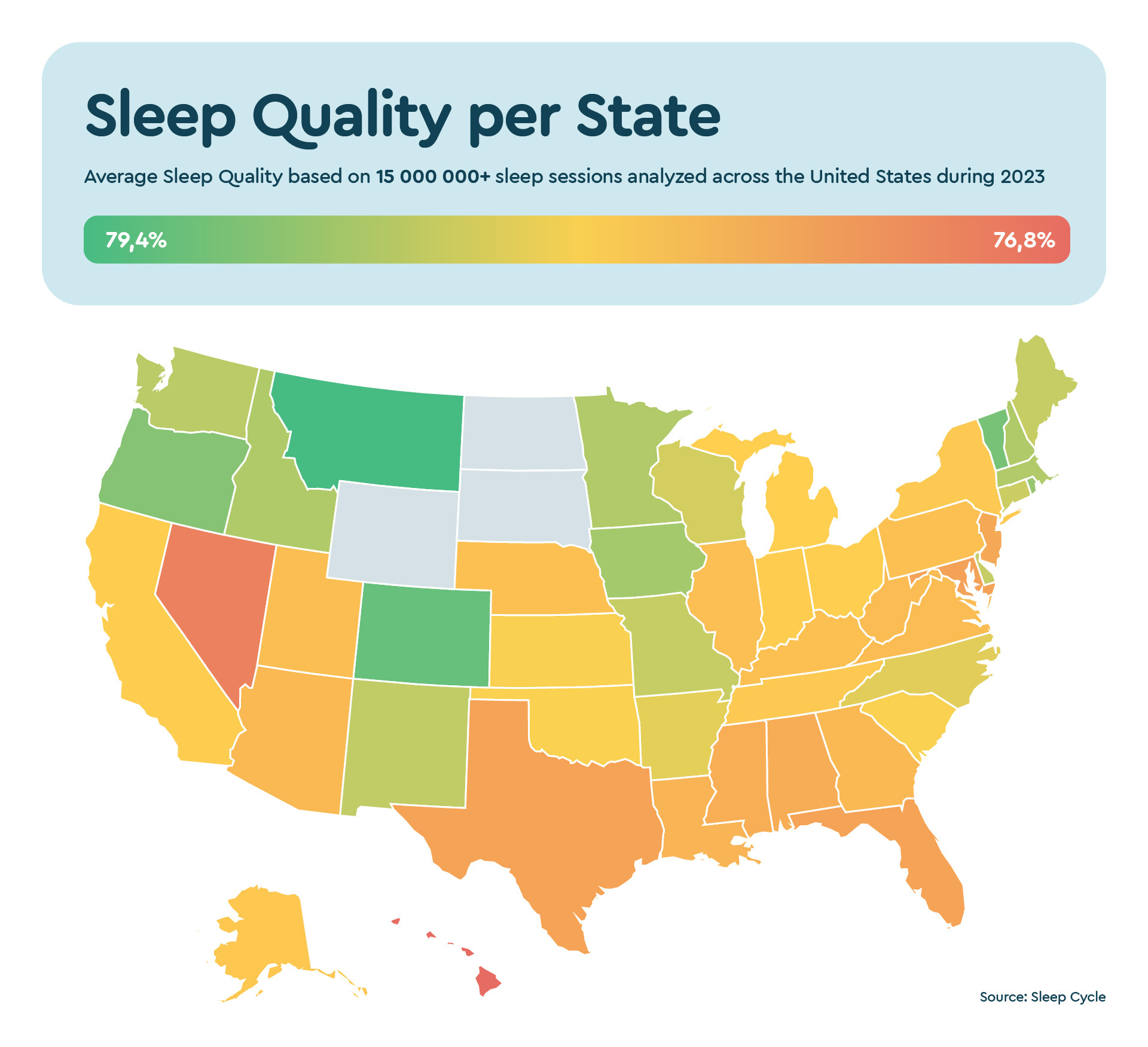
| List | Sleep Survey Region | Sleep Survey Avg Sq |
|---|---|---|
| 1 | Montana | 79.43% |
| 2 | Colorado | 79.23% |
| 3 | Vermont | 79.13% |
| 4 | Oregon | 79.04% |
| 5 | Rhode Island | 78.93% |
| 6 | Iowa | 78.84% |
| 7 | New Hampshire | 78.79% |
| 8 | Idaho | 78.77% |
| 9 | Massachusetts | 78.76% |
| 10 | Minnesota | 78.76% |
| 11 | Washington | 78.70% |
| 12 | New Mexico | 78.66% |
| 13 | Delaware | 78.63% |
| 14 | Missouri | 78.62% |
| 15 | Maine | 78.62% |
| 16 | Connecticut | 78.60% |
| 17 | District of Columbia | 78.54% |
| 18 | Wisconsin | 78.53% |
| 19 | North Carolina | 78.44% |
| 20 | Arkansas | 78.41% |
| 21 | Kansas | 78.26% |
| 22 | South Carolina | 78.25% |
| 23 | Oklahoma | 78.25% |
| 24 | Michigan | 78.22% |
| 25 | Ohio | 78.20% |
| 26 | Indiana | 78.19% |
| 27 | California | 78.18% |
| 28 | New York | 78.14% |
| 29 | Tennessee | 78.14% |
| 30 | Alaska | 78.11% |
| 31 | Pennsylvania | 78.00% |
| 32 | Kentucky | 78.00% |
| 33 | Nebraska | 78.00% |
| 34 | Illinois | 77.99% |
| 35 | Utah | 77.97% |
| 36 | Virginia | 77.94% |
| 37 | West Virginia | 77.94% |
| 38 | Arizona | 77.90% |
| 39 | Georgia | 77.89% |
| 40 | Louisiana | 77.84% |
| 41 | Mississippi | 77.77% |
| 42 | Alabama | 77.76% |
| 43 | New Jersey | 77.69% |
| 44 | Texas | 77.61% |
| 45 | Florida | 77.61% |
| 46 | Maryland | 77.59% |
| 47 | Nevada | 77.14% |
| 48 | Hawaii | 76.83% |
In this report, Sleep Cycle sorted average sleep quality from the highest to the lowest based on data from over 15 million sleep sessions in the US throughout 2023. We included sessions lasting between 20 and 1440 minutes. Sleep metrics were averaged for sessions starting in 2023, categorized by region (state), city, or gender when applicable. We only considered breakdowns with more than 1000 unique users in the analysis.
Worry and stress impact American sleep quality
While tempting to attribute sleep quality solely to lifestyle (‘outdoor’ states vs ‘late-night’ states), it’s influenced by various factors.
Dr. Gradisar points to stress and worry as potential causes, aligning with the American Psychological Association’s 2023 report. This report underscores health-related stressors (65%), money (63%), and the economy (64%) as major stress sources in adults’ lives. Notably, states with lower sleep quality, excluding Hawaii, share common stressors like limited healthcare access, high obesity, poverty, and unemployment rates. Hawaii, an outlier, ranks first in the country for cost of living and faces a long-standing housing shortage, factors that can significantly impact stress levels.
Quality sleep boosts your mental health
A good night’s sleep is not just about feeling like a superhero the next day; it’s your secret weapon for long-term mental health too. Sleep deficiency may impair problem-solving, decision-making, emotional control, and adaptation to change. In severe cases, it can contribute to depression, risky behavior, and self-harm.
“Sleep is integral to our mental health. As we recognize Sleep Awareness Week, it’s a perfect time for Americans to take a step back and think about where sleep is ranked in their lives,” says Dr. Mike Gradisar, Ph.D. & Head of Sleep Science at Sleep Cycle. “Practicing healthy sleep habits, such as meditation around bedtime and maintaining consistent bedtimes and wake-up times will elevate your sleep and is especially important as you manage stressors in your day-to-day life,” our sleep expert adds.
If you are concerned about your sleep or mental health, contact your family physician who knows you and your history best.
3 Tips to lower stress and improve sleep quality
While stress is a part of daily life for most people, Dr. Gradisar recommends these tips for better sleep quality.
1. Mindfulness Body Scan
- A 2018 study found a 50% faster sleep onset for those taking over 30 minutes to fall asleep.
- Tip: Listen to a 15-minute mindfulness body scan at bedtime for two weeks.
- Alternatively, enjoy some relaxing tunes, like classical music from Sleep Cycle’s extensive sound library to swiftly reduce heart rate and blood pressure.
2. TV Distraction (Yes, you heard us):
- About 30% fall asleep watching TV before bed. There’s practically no relationship between watching TV and sleep. But keep in mind that this should be a temporary solution.
- Tip: Search for boring sleep-inducing movies online and set an episode limit.
3. Tech Distraction and Relaxation:
- Use technology early and moderately in your sleep routine to ease racing thoughts and worries (2 out of 3 people do this).
- Tip: Try sleep-inducing games, read something dull, or jot down distracting thoughts. Or explore the “Relax your mind” program in the Sleep Cycle app, featuring cognitive refocusing techniques proven effective after a few weeks of practice.
Download Sleep Cycle to sleep like a Montanan
Sleep Awareness Week is the perfect time to give your sleep the VIP treatment it deserves. Embracing healthy sleep habits isn’t just a trend; it’s the golden ticket to boosting your mental health.
Download the Sleep Cycle app today for tips and hacks on effective bedtime routines and natural sleep remedies so you can join the Montana VIP Sleep League.
Medical Disclaimer
The contents of this article is of general character and intended for informational purposes only. The information is not adapted after individual sleep quality or health status. It does not constitute and is not intended to constitute medical advice, diagnosis, or treatment, and should never replace any advice given by a physician or other qualified healthcare provider.
